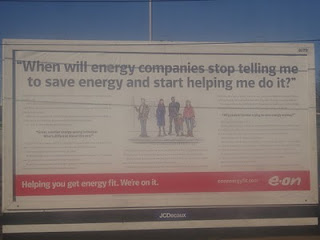Prompted Response Prompts Lies.
When it comes to customer satisfaction evaluation, I've written often of my distrust of prompted recall and my preference for the net promoter score . But I'd never expected to encounter them simultaneously. Earlier this week I had a ten minute conversation with John Maeda as Part of his Fortune Cookie performance. Before I left the gallery, I was asked if I had heard of the net promoter score and, when I answered yes, was asked to rate my experience You'll be surprised to read that I tend to grade low, so while I had thoroughly enjoyed the conversation I was going to rate it as an 8. But,under net promoter rules, I know that rating would be discarded as middling and so I found myself rating it a 9. In other words, the prompt had changed my behaviour and my perceived appraisal. Now this was an art event and the prompt may well have been an innocent conversation-starter or, indeed, part of the event but the bottom line is, if you want a true reflection of your customers...

